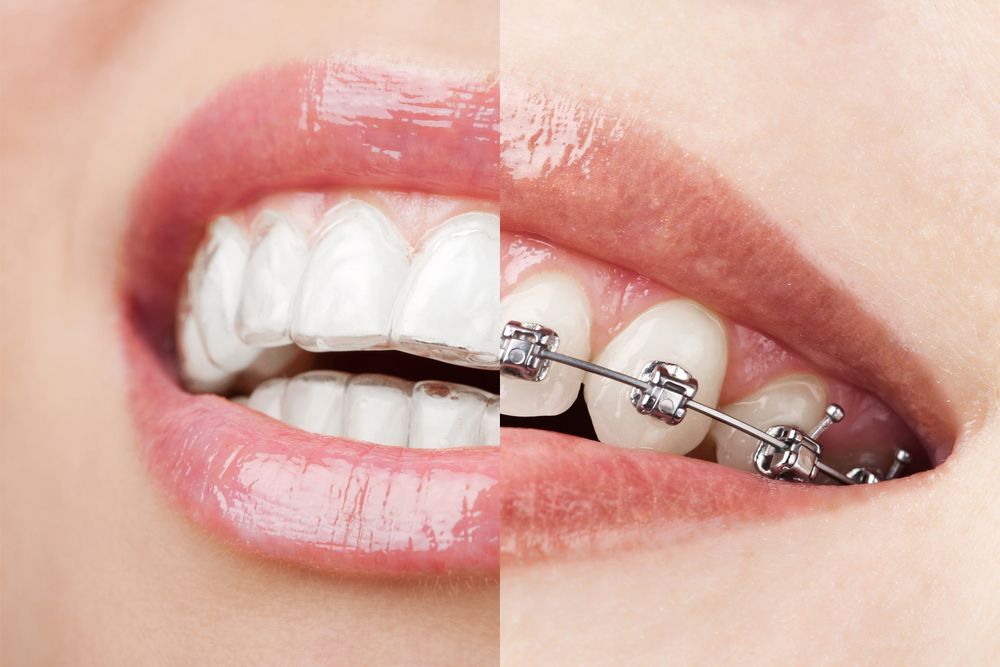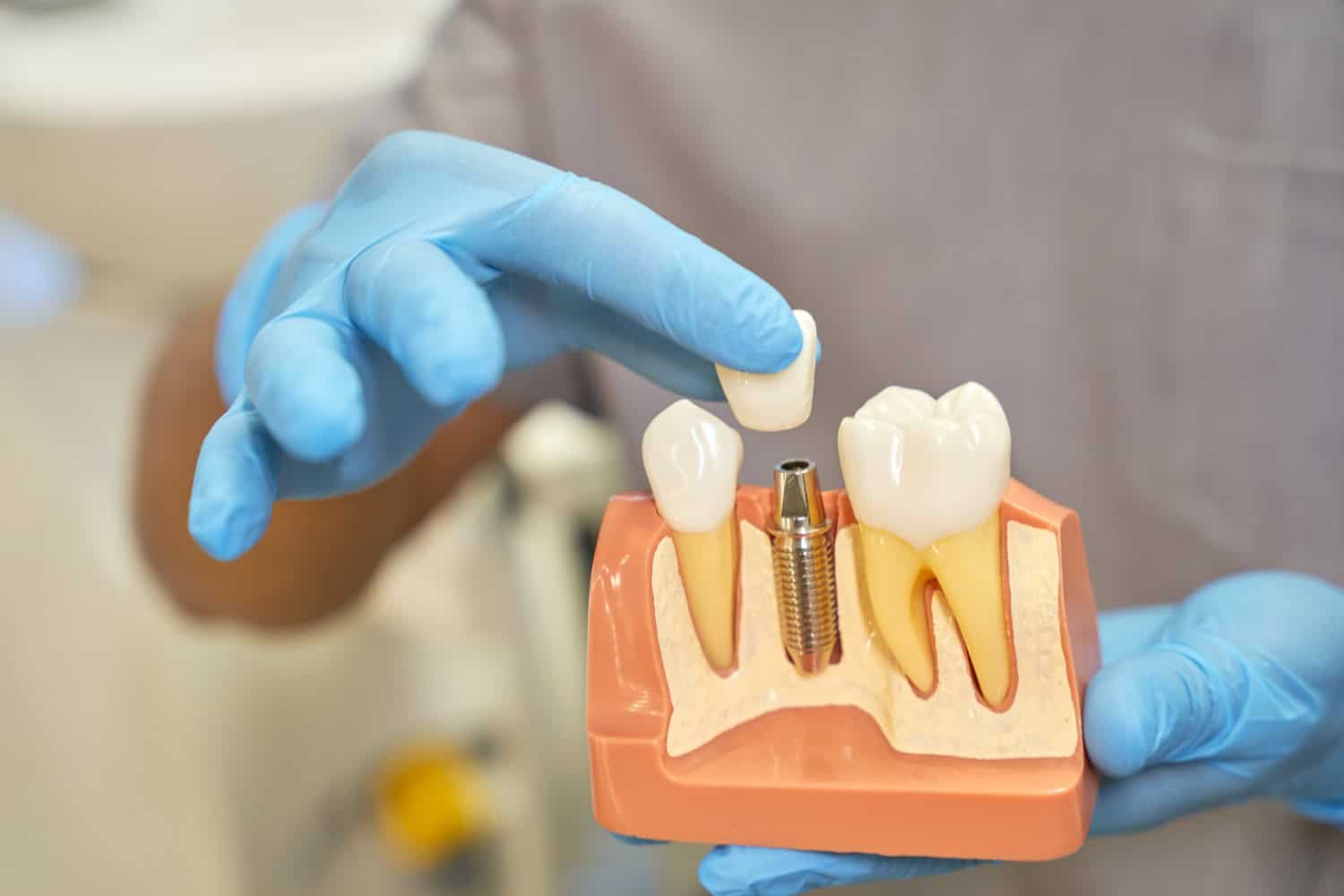Sleep apnea can take a serious toll on your day-to-day life. From loud snoring to constantly feeling drained, it can affect your focus, mood, and even your relationships. For people living with this condition, it’s more than just a sleep issue. It’s a quality-of-life challenge. Getting the right treatment makes a huge difference, especially when it comes to choosing a device that helps you breathe better through the night.
Not everyone needs the same type of sleep apnea device. What works for a friend or family member may not be the right match for you. The real key is understanding the options available and comparing how they fit with your breathing habits and comfort needs. Here, we’ll walk through the different kinds of devices used to manage sleep apnea and how to figure out which one might be the best fit for your life in Phoenix.
Understanding Sleep Apnea Devices
There are several types of devices used to treat obstructive sleep apnea, the most common type caused by blocked airways during sleep. Each device works differently, and it’s helpful to know how they stack up.
Here are three of the main options:
1. CPAP (Continuous Positive Airway Pressure)
– Provides a steady stream of air through a mask to keep airways open
– Common for moderate to severe cases
– Pros: Very effective when used regularly, wide range of mask styles
– Cons: Some may find the mask uncomfortable or the airflow hard to adjust to
2. BiPAP (Bilevel Positive Airway Pressure)
– Offers two levels of air pressure: higher for inhaling, lower for exhaling
– Often used when CPAP isn’t well tolerated or for people with other breathing issues
– Pros: Easier breathing with less resistance when exhaling
– Cons: Usually more expensive, can be bulkier
3. Oral Appliances
– These fit inside the mouth and reposition the jaw to keep the airway open
– Typically used for mild to moderate sleep apnea
– Pros: Compact, quiet, easy to travel with
– Cons: Not always effective for more severe cases, may cause jaw discomfort over time
A real-life example that many people relate to is someone starting on a CPAP machine and finding it too noisy or uncomfortable. Switching to an oral appliance might be just the right adjustment to stay consistent with treatment without giving up on comfort. Others might need the continuous air pressure from CPAP to see improvement. Everyone’s experience is different.
Choosing the right device depends on more than what’s available. It’s a matter of comfort, lifestyle, and how your body responds to the treatment consistently. That’s where matching the right device to your needs becomes so valuable.
Determining the Best Fit for You
Once you understand the types of devices out there, the next step is figuring out which one actually works best for you. That choice is not always obvious right away. The right fit should meet your sleep needs and feel comfortable enough to use every night.
Think about the severity of your sleep apnea first. People with more mild cases often do well with an oral appliance, while those dealing with more intense symptoms typically respond better to CPAP or BiPAP machines. Comfort plays a big role too. Some people can’t stand wearing a mask, while others may find a mouthpiece causes jaw strain over time. It may take a bit of trial and error to find the one that fits your routine and needs.
Lifestyle also affects the decision. If you travel a lot, something simple and portable might suit you better. People who move a lot during the night or sleep on their stomachs may need a mask that stays in place easily. These everyday details make a huge difference when it comes to actually using the device night after night.
Three simple steps can make choosing easier:
1. Get a sleep study to understand the type and severity of your apnea
2. Meet with a qualified professional to explore device options that match your condition
3. Try the device at home and see how it performs in real-time, checking in with how you feel
Adjustments may be needed in the beginning. That could mean tweaking the pressure levels, trying alternative mask shapes, or changing the fit of a mouthpiece. Some people adapt quickly, while others need time and support to build a habit. That support can come from trained providers who understand these transitions and help keep the process smooth.
Why Local Professional Support Matters
Having an experienced professional by your side helps make the entire treatment process easier. A sleep apnea treatment specialist in Phoenix will understand local concerns and common challenges, especially with weather-related issues like dry air during colder months. That kind of insight is useful when recommending devices and settings specific to your environment.
Support during the follow-up stage is important too. Instead of guessing whether your treatment is doing its job, a trained provider can check on your progress and suggest changes if needed. Sometimes a device works fine at first but needs adjustments after a few months. You might even outgrow a certain type of treatment and need to try another.
It also helps when someone takes the time to explain how your machine works in simple terms. Feeling uncertain or confused about your device can make it harder to stay on track. Local support means getting answers quickly and adjusting your care before small problems grow into bigger ones.
Everything from learning how to clean your machine to figuring out why you keep waking up can be easier when you have someone nearby who knows the ins and outs of sleep apnea treatment in Phoenix.
Benefits of Effective Sleep Apnea Treatment
The long-term impact of using the right sleep apnea device goes beyond just avoiding loud snoring. When your breathing improves, you sleep more deeply, and that can make you feel better across the board. People often notice they’re more focused, in a better mood, and have more energy after beginning treatment.
There are other clear benefits too. Using the proper device long-term can:
– Lower your risk of issues caused by long nights of low oxygen
– Boost your energy so you feel more motivated to stay active
– Cut down on constant daytime sleepiness that interferes with productivity
– Improve your relationship if the snoring kept your partner up
All of this adds up to a healthier, more manageable daily life. You might start enjoying activities you’ve been too tired to participate in or feel more refreshed when you wake up. A device might not look like much, but it can help restore balance in your health and mood.
Finding Your Ideal Sleep Apnea Treatment in Phoenix
Nobody experiences sleep apnea the same way. That’s why it’s so important to find a device that actually works for your needs instead of just going with whatever someone else uses. Taking time to explore options, ask your provider questions, and stay honest about what works and doesn’t makes the outcome more successful.
A trusted provider familiar with sleep apnea treatment in Phoenix can make all the difference. Local professionals understand both the weather factors and lifestyle patterns that may affect your sleep. And when you have access to help nearby, staying consistent becomes much easier.
If you’ve been feeling worn out, dealing with restless nights, or just hoping for more energy, the right sleep apnea device might be the answer. Choosing the right one and sticking with it, combined with support from a knowledgeable team, can help you breathe easier and finally get the sleep you deserve.
If you’re ready to take control of your sleep and improve your day-to-day life, explore our sleep apnea treatment in Phoenix. Anderson Dental is here to help you find the perfect solution to suit your needs. With personalized care and expert guidance, you can achieve the restful nights and energetic days you’ve been missing. Let’s work together to enhance your comfort and well-being.




